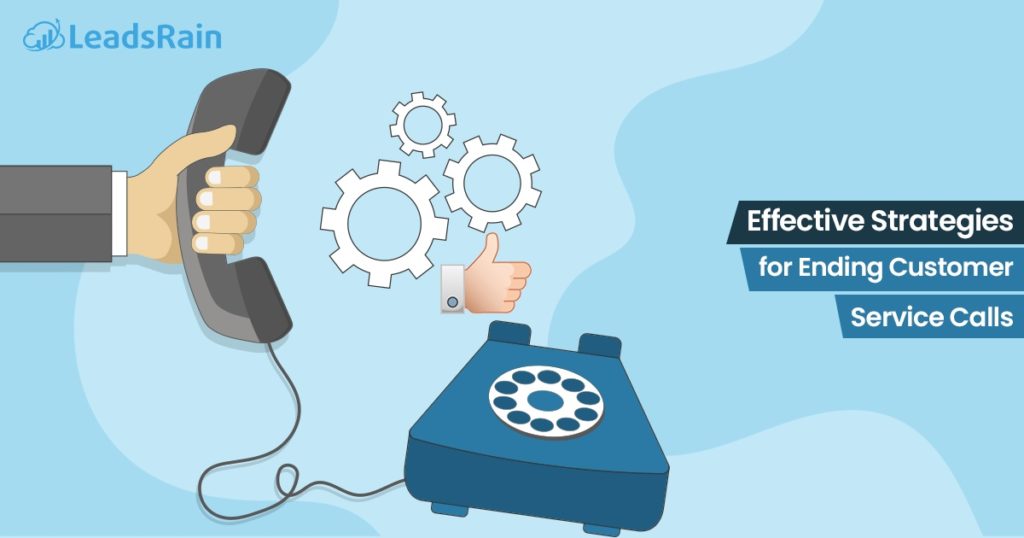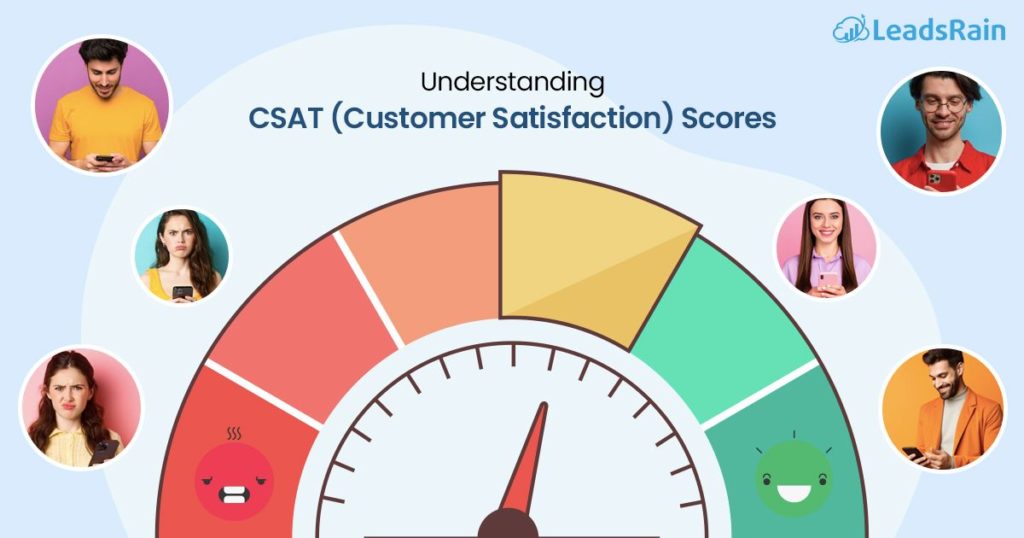You are holding the phone. Now it’s the perfect time to dial. All of the required information about customers is at your finger end, alongside your pitch. However, something stops you. What’s that? Salespeople who struggle with an authentic anxiety of calling potential clients are said to suffer from sales call reluctance.
In this comprehensive blog post, you will gradually understand the concept of call reluctance- its impact on sales performance and psychological factors.
What is Call Reluctance?
Call reluctance is an occurrence where salespeople ordeal hesitation, anxiety, resistance, or avoidance behaviors while making outbound sales calls or interacting with customers. It’s one of the most common problems in sales observed at the start of potential customer relationships, with almost 48% of salespeople fearing making cold calls.
Put differently, it’s an emotional short circuit that shifts riveting energy from prospecting to procrastinating. This is also known as call reluctance syndrome, a psychological prodigy in which salespeople feel disinterested when making cold calls.
Some of the activities that salespeople realize are troublesome are as follows:
- Cold calling prospects.
- Asking probing questions during the sales process.
- Public speaking.
- Negotiating.
- Closing sales.
- Asking for referrals
To a great extent, cold call reluctance is considered an internal blockade. If we dive deeper into its deeper understanding, call reluctance is a common problem among sales professionals who manifest hesitation or reluctance to make sales calls.
A study conducted by Behavioral Sciences Research Press stated that “Almost 76% of all salespeople will likely to experience one or more episodes of call reluctance regardless of their years of experience, product knowledge”.
“Up to 80% of new salespeople may fall victim to sales reluctance”.
How to Overcome Call Reluctance in Sales?
Ever identified the signs of call reluctance? If yes, overcoming call reluctance starts with attitude. Addressing these practices will increase your level of success on the sales calls, ensuring the cold calling process is more efficient.
So, how to overcome call reluctance in sales? There are a few ways;
1. Hold a script in your hand.
One of the strategic and effective approaches to overcoming call reluctance is the use of a well-crafted script as a valuable tool. The script serves as a confidence booster, helping sales professionals navigate tricky situations, address objections, and maintain control over the call.
Holding a script in your hand ensures authentic and engaging interactions, fostering stronger connections with prospects and increasing the likelihood of successful outcomes.
2. Think of the power: The speed
The concept underscores the importance of being proactive and assertive in sales interactions. By adopting the mindset of power and speed, sales professionals can cultivate a sense of urgency and momentum in their sales calls. This mentality encourages quick thinking, decisive responses, and proactive engagement, enabling sales professionals to direct conversations with agility and poise.
So, try to grab a mindset focused on taking swift and purposeful action- just to break through barriers of call reluctance.
3. Give Ear to call recordings
Call recording presents a transformative solution for overcoming call reluctance in the world of sales. Salespeople have the opportunity to review and analyze their conversations with prospects. This valuable feedback mechanism allows them to identify strengths, areas for improvement, and patterns in their communication style, empowering them to refine their approach and enhance their sales skills.
So, why not record sales calls? when it’s a powerful tool to enhance confidence, and performance and overcome hesitation in sales interaction.
4. Pull out distractions
This method signifies the importance of minimizing distractions and creating a conducive environment for successful sales calls. Eliminating distractions such as noise, clutter, and interruptions can help sales professionals maintain a clear mind.
By pulling out distractions and creating a distraction-free zone, sales professionals can better their concentration at hand, communication, and overall effectiveness in engaging with prospects.
5. Make a habit of pre-qualifying your prospect
By pre-qualifying prospects, one can gather valuable information about potential clients, such as their needs, preferences, and pain points. This knowledge equips sales professionals with the ability to tailor their pitches, anticipate objections, and provide personalized solutions during sales conversations.
Pre-qualifying prospects also allow the establishment of a strong foundation for meaningful conversations.
6. Herk back: Rejection is inevitable
Rejection is a natural part of the sales process, empowering salespeople to overcome fear, build resilience, and enhance their performance in sales calls. Understanding that rejection is a normal occurrence helps develop a healthy relationship between failure and rejection.
By viewing rejection as a learning opportunity rather than a personal failure, you bounce back quickly and adapt their approach.
Psychology of Sales Call Reluctance
When it comes to improving their team’s performance in the competitive environment of sales, salespeople have to recognize the psychological reasons for this hesitancy.
Common psychological factors/fears that have a bigger impact on an agent’s performance are outlined below;
Fear of rejection and failure
- One of the primary psychological drivers of sales call reluctance is the fear of rejection and failure.
- Salespeople may fear being turned down by prospects, facing objections, or feeling like they have failed.
- This fear can trigger anxiety, self-doubt, and hesitation, leading to avoidance of making calls.
Negative self-perception
- Negative self-perception and self-talk play a crucial role in fueling sales willingness to make calls.
- Beliefs like “I am not good enough to make a call”, “I will fail”, or “I will be rejected”.
- This can undermine self-esteem, create mental barriers, and contribute to reluctance.
Fear of mistakes
- Sales reps can set unrealistically high standards for themself, expecting flawless performance/ pitches in each call.
- The fear of not meeting such desired standards, handling objections badly, or even failing to close deals can result in performance anxiety and avoidance of making calls.
Lack of self-efficacy
- Lower confidence and self-efficacy can also be significant factors lacking in sales call reluctance.
- Those who doubt their abilities, skills, or capabilities may struggle to initiate client calls or say they lack confidence while engaging with prospects.
- This lack of self-efficacy has made a lower chance of making the agent’s ability to close the deals successfully.
Comfort zone bias
- Humans are naturally willing to seek comfort and avoid discomfort in every situation. That’s why comfort bias is the dynamic factor in sales call reluctance.
- Many salespeople refuse to make calls due to their preferences and needs i.e. they need to make calls according to their comfort timings or whenever they feel secure.
- If by chance they conducted a call out of their comfort zone it resulted in vulnerability and uncertainty.
How Call Reluctance can Affect your Sales Campaign
Understanding how call reluctance affects your sales campaign is crucial for effectively identifying and addressing this challenge. Let’s explore some of the consequences of sales call reluctance….
Missed opportunities
Call reluctance can result in missed opportunities to connect with potential clients and showcase your products/services. Every call avoided due to reluctance represents a lost chance to engage with prospects, build relationships, and ultimately generate leads and close deals.
Decreased productivity
This leads to procrastination, distractions, and a lack of focus, hindering productivity and resulting in delays in reaching out to prospects, following up on leads, and progressing through the sales pipeline efficiently.
Impact on a sales campaign
Persistence, called reluctance, can stall the momentum of your sales campaign. When salespeople repeatedly avoid making calls or engaging with prospects, it can impede the campaign’s progress, slow down the conversion rate, and limit the achievement of sales targets and goals.
Diminished results
Ultimately, call reluctance can lead to diminished results in your sales campaign. If salespeople constantly struggle with making calls due to reluctance, it can result in fewer opportunities, lower conversion rates, and reduced revenue for the business.
Conclusion
Many salespeople deal with sales call reluctance, but it is not an unbridgeable hindrance. By grasping the reasons and implementing effective techniques, you can overcome fears and increase your confidence in conducting cold calls. To make it easier for your sales team to overcome call reluctance, the 2Cs—comfortable and creative—will be highly beneficial.




